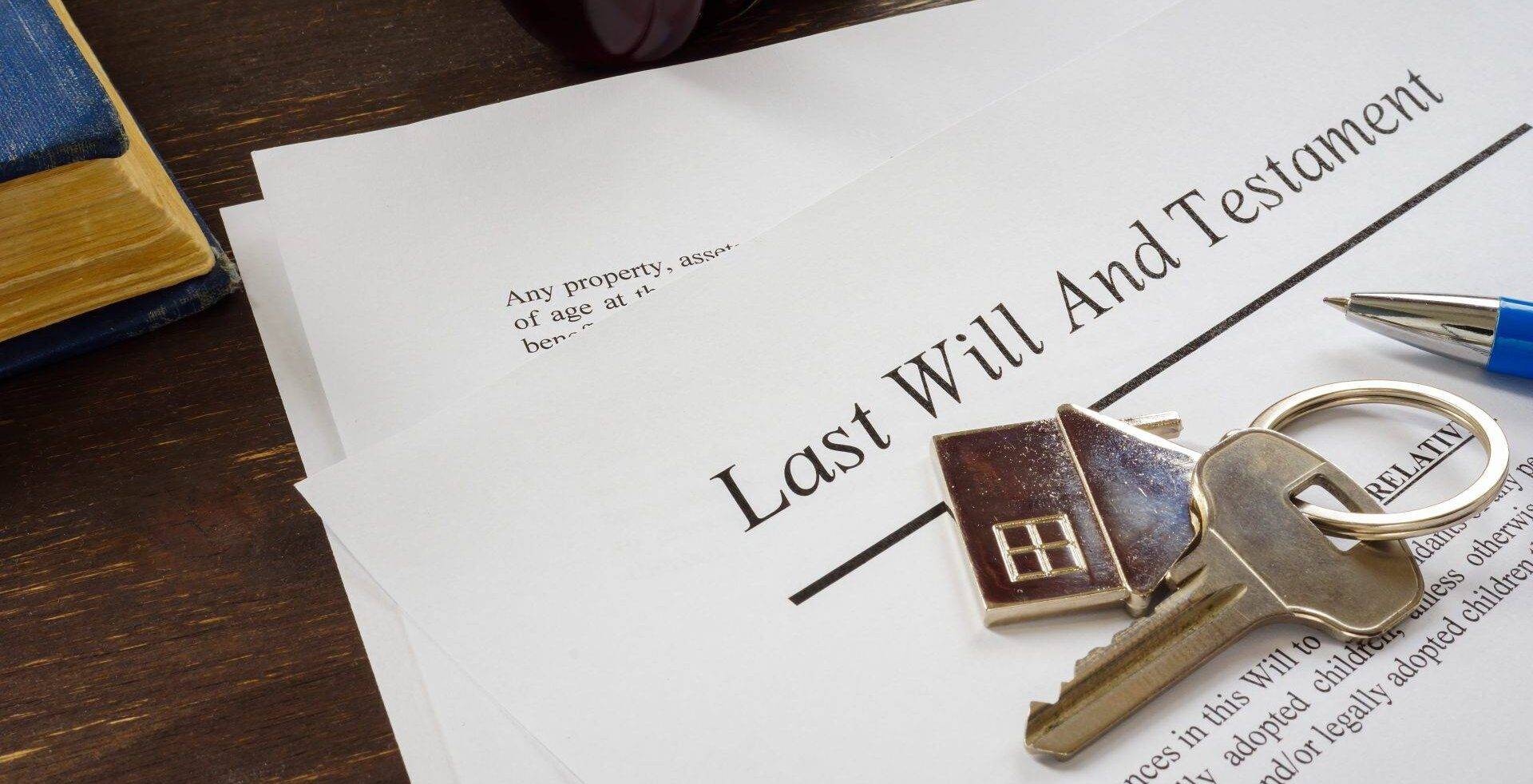When someone passes away, one of the first things to consider is who is the Executor. In other words, who is the person or people responsible for:
- Dealing with the estate;
- Reporting its value;
- Obtaining the Grant of Representation;
- Paying liabilities; and
- Collecting and distributing the estate’s assets.
A common misconception is that the Executor must act. Whilst there may be in certain circumstances a moral obligation to act, an Executor can refuse to accept the appointment, known as renouncing. However, once that person begins to act on behalf of the estate, they are deemed to have intermeddled and cannot then step back from their responsibility.
It is important to establish the position at the outset, as the waters can muddy very quickly when the wrong actions are unintentionally taken. If someone has intermeddled in an estate, this means that they have handled the deceased’s assets or held themselves out to be the Executor. Some examples include:
- Informing the banks of the death
- Collecting an asset
- Paying a debt
- Running the deceased’s business after their death
- Handing assets to a beneficiary
Arranging a funeral is not intermeddling. If a person has intermeddled in an estate, they can be forced to take the Grant.
What if the estate is insolvent?
If the liabilities in an estate exceed the assets, the estate is insolvent. The duty and responsibility of the Executor then change. Instead of acting to collect and distribute funds to the beneficiaries, the Executor now has a duty to administer it in the best interests of the creditors.
How is an insolvent estate administered?
When administering a solvent estate, there is a “pecking order” in which payments are to be made. At the top is any tax and liabilities; next is any cash legacies and lastly is the distribution of the remaining funds to the ultimate beneficiaries, called the residuary beneficiaries, in the proportions indicated by the deceased’s Will.
When administering an insolvent estate, the rights of creditors are higher than those of a residuary beneficiary, meaning that funds are used to settle any outstanding debts first. If this is breached, the Executor may be personally liable to refund the value of any legacies that have been paid from the estate.
How can this be managed?
One solution for Executors faced with such a predicament would be to file for an Insolvency Administration Order (IAO) which passes the administration of insolvent estates to qualified insolvency practitioners who administer estates in a similar way to bankruptcy. The IAO is deemed to start at the date of death, and a creditors’ meeting must be held, and a statement of affairs prepared. Any legal proceedings against the estate are stayed and the Executors are protected from personal claims. The deceased’s assets are collected and distributed according to the priorities set out in Insolvency Law, with their beneficiaries being last in order of right to be paid.
It is vitally important that the correct procedures are followed by the correct people following death so that any unintentional traps and pitfalls can be avoided.
How we can help
Helen Salisbury is a Partner in our expert Wills & Probate team, specialising in Wills, Inheritance Tax planning, administration of estates, grants of Probate, and Powers of Attorney.
Should you require any advice, please contact Helen or another member of the team in Derby, Leicester, or Nottingham on 0800 024 1976 or via our online form.
Contact usIf this article relates to a specific case/cases, please note that the facts of this case/cases are correct at the time of writing.



